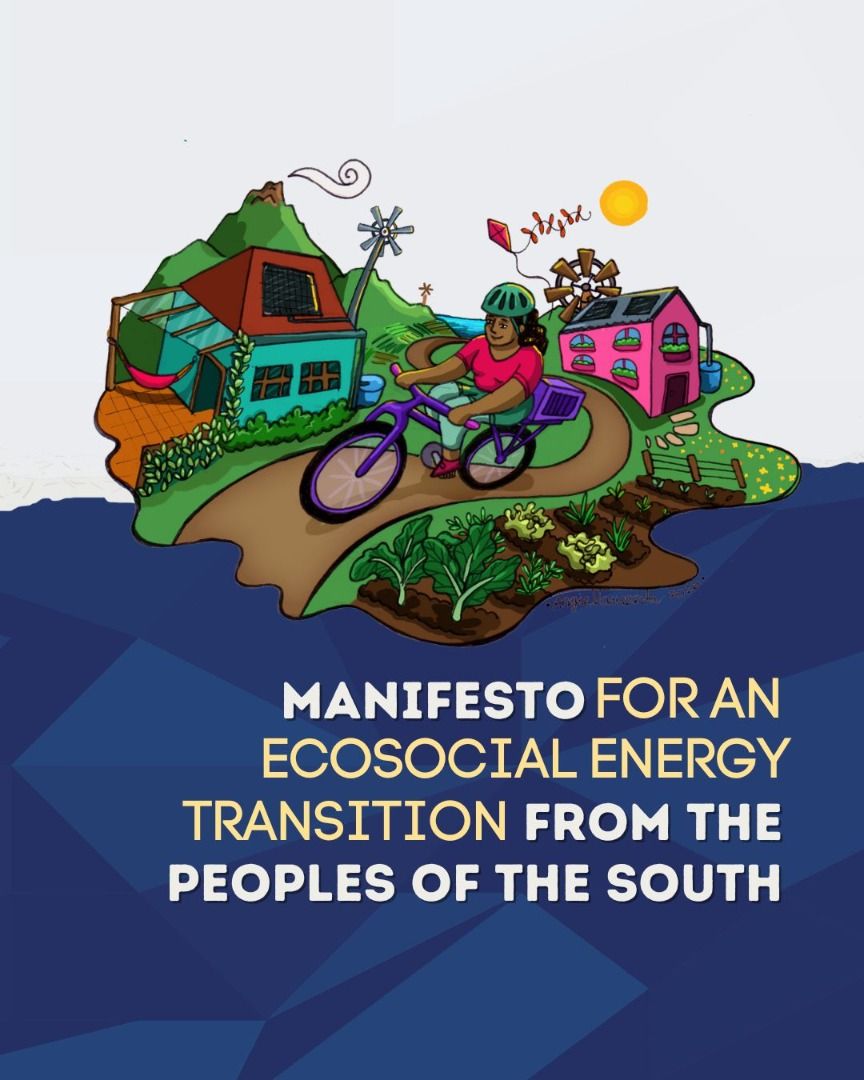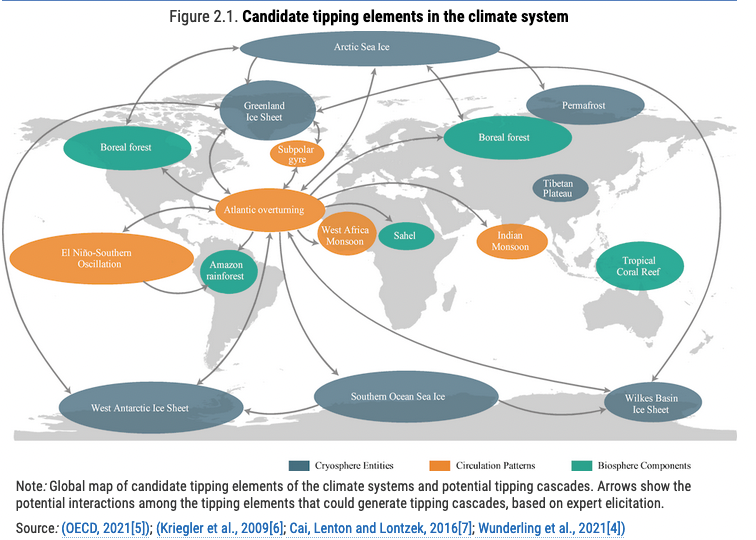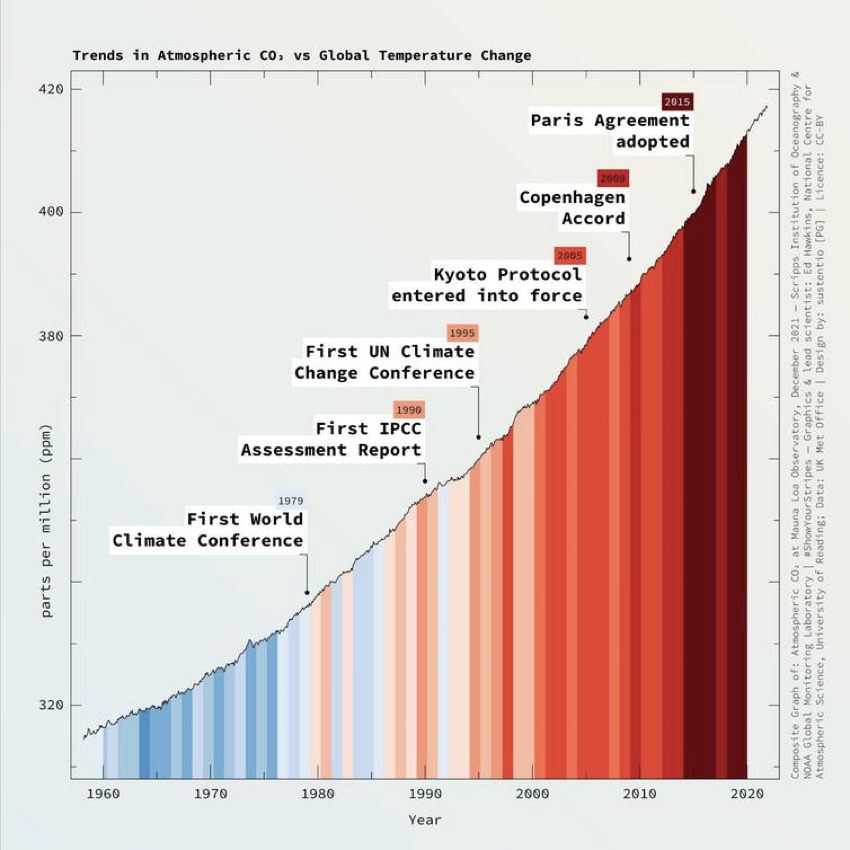
This is an immensely important intervention.
A new manifesto that critiques the "clean energy" transitions of the Global North and offers an alternative vision from the Global South.
Please read this key analysis and the demands ⬇️
fpif.org/manifesto-for-…
A new manifesto that critiques the "clean energy" transitions of the Global North and offers an alternative vision from the Global South.
Please read this key analysis and the demands ⬇️
fpif.org/manifesto-for-…

It starts by taking stock of the post-Covid situation, in which the "engines of this unjust status quo—capitalism, patriarchy, colonialism, and various fundamentalisms—are making a bad situation worse" 

And then analyses how the "energy transition" plays out differently in the Global South and the Global North 

"What’s new about this current moment are the “clean energy transitions” of the North that have put even more pressure on the Global South to yield up cobalt and lithium for the production of high-tech batteries, balsa wood for wind turbines, land for large solar arrays..."
"Governments of the South, meanwhile, have fallen into a debt trap, borrowing money to build up industries and large-scale agriculture to supply the North." @DebtforClimate 

"Today, the imperative to move beyond fossil fuels without any significant reduction in consumption in the North has only increased the pressure to exploit these natural resources." #degrowth
The eight demands from the Manifesto for an Ecosocial Energy Transition from the Peoples of the South are essential for a just future.
fpif.org/manifesto-for-…
fpif.org/manifesto-for-…
Here's the Ecosocial and Intercultural Pact of the South, on which this manifesto is based
pactoecosocialdelsur.com/#1592362596334…
pactoecosocialdelsur.com/#1592362596334…
More information on the launch of the manifesto by @PactoSur with Maristella Svampa @SvampaM, Trusha Reddy and Ashish Kothari @chikikothari can be found here
https://twitter.com/PactoSur/status/1624047833614630915
• • •
Missing some Tweet in this thread? You can try to
force a refresh














